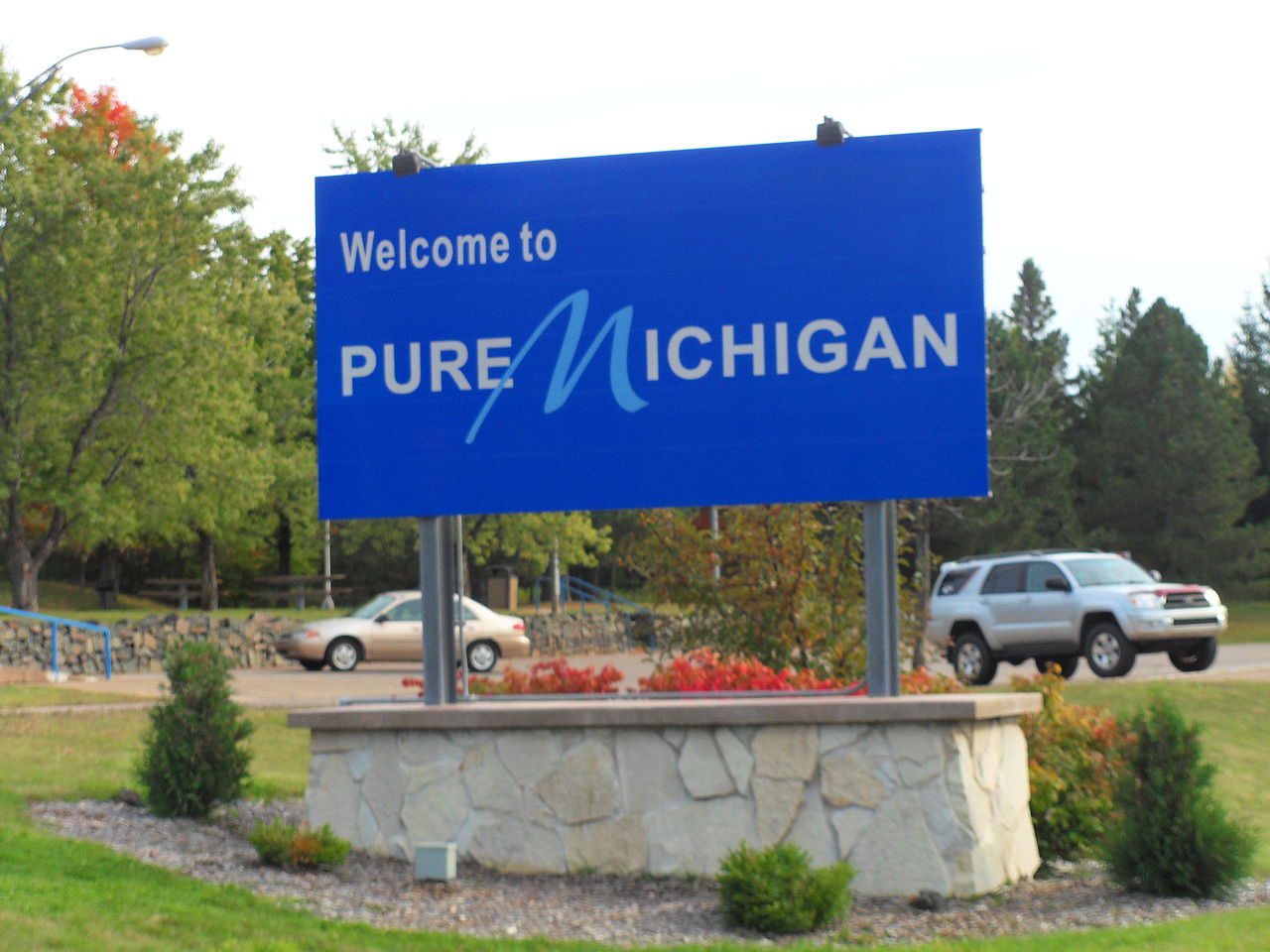Michigan’s Online Gambling: A Tale of Two Markets in March
In a month marked by contrasting fortunes, Michigan witnessed a notable 6.7% surge in online gambling revenue for March, setting a record in igaming while experiencing a downturn in the sports betting sector.
The state’s online gambling earnings soared to $293.5 million (approximately £219.4 million/€255.1 million), significantly surpassing last March’s figures and showcasing a 9.3% increase from February’s $268.5 million. This impressive growth can be traced back to both the expanding market and an evolving consumer base, increasingly drawn to online platforms.
According to data from the Michigan Gaming Control Board, even after subtracting promotional expenses, adjusted gross receipts surged to over $260.7 million, reflecting a remarkable 17.9% increase when compared to March 2024, as well as a 10.3% rise from the previous month.
Breaking Records in Igaming
March marked a record-setting moment for igaming as revenue climbed to $260.5 million, eclipsing the prior monthly peak established in January by 5% and outperforming last year’s results by an impressive 20.9%. Adjusted gross receipts from igaming also hit a new all-time high of $246.1 million, representing a substantial annual growth of 26.5%.
The triumphant performance was spearheaded by BetMGM and MGM Grand Detroit, which recorded total igaming gross receipts of $69 million, alongside adjusted gross receipts of $64.8 million. Following closely were FanDuel and MotorCity Casino, whose figures stood at $68.1 million in gross receipts and adjusted receipts of $64 million. Meanwhile, DraftKings, in collaboration with the Bay Mills Indian Community, rounded out the top three with gross receipts totaling $41.1 million and adjusted figures of $38.7 million.
Tax contributions from igaming notably exceeded $50.5 million, benefitting the state’s revenue streams, while the city of Detroit received $13.1 million from commercial operators. Tribal operators contributed an additional $6 million to their respective governing bodies.
Challenges in Sports Betting
In stark contrast, the sports betting landscape faced challenges this March. Gross receipts plummeted to $33 million, a 21.2% drop from last year’s figures. Furthermore, adjusted gross receipts decreased by 45.3% year-on-year, settling at $14.6 million. Bettors wagered $475.1 million on sports, marking a 4.5% decline compared to the previous year.
The monthly hold, calculated from gross receipts, stood at 6.95%, with an adjusted figure reflecting a hold of 3.07%. FanDuel and MotorCity Casino maintained their lead, reporting $14.1 million in gross receipts from a $179 million betting handle, which translated to a hold of 7.88%. DraftKings and the Bay Mills Indian Community ranked second with $9.5 million off $129 million, resulting in a hold of 7.36%. BetMGM and MGM Grand Detroit followed in third place with $3.9 million from a $70 million handle, yielding a hold of 5.57%.
The tax contributions from sports betting totaled $874,052 to the state and $281,974 to the city of Detroit, illustrating the importance of this sector to local budgets.
Declines in Detroit’s Casino Revenue
In addition to online gambling metrics, the Michigan Gaming Control Board also disclosed revenue figures for Detroit’s three land-based commercial casinos. March’s overall revenue amounted to $117.4 million, illustrating a 5.3% year-on-year decline but still marking an 18.8% increase compared to February.
Revenue from table games and slots generated $116.8 million, which is a 4.5% dip from the same period last year. Adjusted gross receipts dropped sharply by 64.3% to $571,216, translating to a hold of 4.72% from $12.1 million in wagers.
MGM continued to dominate the Detroit market with a 46% share, followed by MotorCity at 31% and Hollywood Casino at Greektown capturing 23%. From a tax perspective, these casinos contributed $9.5 million in state gaming taxes and $13.9 million to the city of Detroit, alongside additional tax revenues from retail sports betting activities.
In summary, Michigan’s landscape for online gambling in March showcased a robust igaming sector making significant strides against the backdrop of a struggling sports betting market, combined with challenges faced by traditional casino operations. As the state navigates these contrasting trends, stakeholders will need to adapt to the evolving demands of gamers while keeping an eye on emerging market dynamics.
